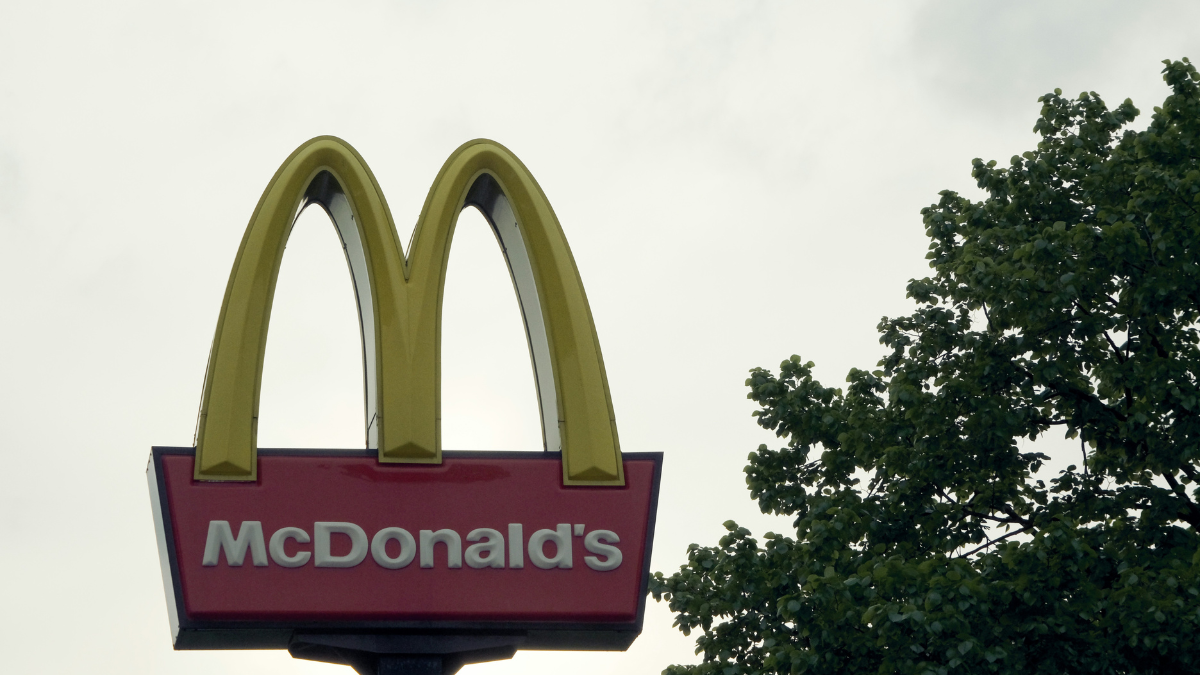In what can be termed a dramatic twist of events in the courts, McDonald’s has been dragged to court over its scholarship meant for Latino and Hispanic students. This lawsuit is filed barely weeks after the fast-food giant announced the review of its DEI policies, detailed here McDonald’s says it is backtracking on some of its diversity practices – Here are the steps in which it is changing its inclusion “approach”, in the wake of increasing scrutiny following the recent Supreme Court ruling that outlawed affirmative action in college admissions. Surprisingly, this suit may have far-reaching implications in diluting and even changing McDonald’s philanthropy and its stand on diversity.
History of the lawsuit
On January 14, 2025, the class action was filed in Nashville by the American Alliance for Equal Rights. It’s a civil rights group that opposes affirmative action. According to the AAER, McDonald’s HACER National Scholarship program is exclusionary since it denies qualified students who happen not to be of Latino origin a chance to apply. In total, since its establishment in 1985, the HACER scholarship has issued more than $33 million to over 17,000 Latino and Hispanic students. According to the AAER, barring non-Latinos from enjoying this opportunity to apply amounts to racial discrimination.
According to Edward Blum, the president of AAER, he desires that McDonald’s suspends the HACER National Scholarship Program. In turn, the company could make this scholarship open to all under-resourced high school students, irrespective of ethnicity. The class action is seeking to assert this HACER scholarship as a violation of civil rights laws and wants it open to applicants of all races.
Response by McDonald’s
In a response to the suit, McDonald’s said it is reviewing the complaint and will have no further comment until it is filed. McDonald’s reinforced a commitment to inclusion but said that, based on the evolving vision for the company’s diversity initiatives, it needs to review existing programs. That is a sentiment echoed across corporations as companies reassess their DEI policies amid changing landscapes.
McDonald’s in recent weeks announced that it no longer has specific diversity goals for its workforce and rebranded its diversity team as the Global Inclusion Team. The company is trying to better capture its focus on inclusion but also moves to allay criticism that DEI policies-which some critics say can amount to reverse discrimination, are no longer relevant.
Implications of the Supreme Court ruling
The suit against McDonald’s follows a spate of lawsuits filed since a 2023 Supreme Court decision barred race-based preferences in college admissions. Many corporations are revisiting their DEI policies, which could face similar challenges.
Corporations such as Meta, Ford, and Walmart have also rescinded their DEI programs, citing similar concerns about compliance with the new legal landscape. Meanwhile, other companies such as Apple and Target keep their commitment to diversity and inclusion intact.
The future of the HACER Scholarship Program
The ruling in this lawsuit will very well chart the future of the HACER Scholarship Program. Should the court decide against McDonald’s, it will be forced to revise its eligibility requirements and open up access to its scholarships. That could establish a legal precedent forcing other companies with targeted scholarship programs to do the same.
If McDonald’s succeeds in its defense, that may reinforce the use of targeted scholarships to favor particular ethnic groups as a means of supporting underrepresented communities. This case throws light on the current debate over affirmative action and other race-based programs in higher education and employment.
Read more: Broccoli recall – Walmart takes action over listeria risk in 20 states, find out if you are affected
Read more: The date when McDonald’s will launch his McValue meal – These are the key features of the menu
